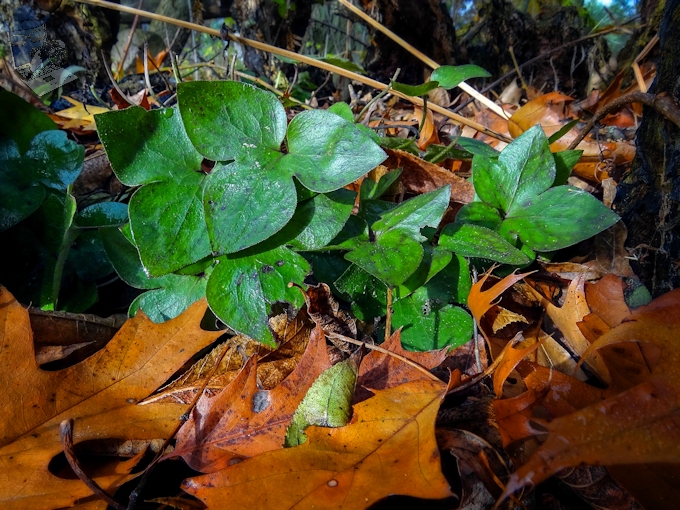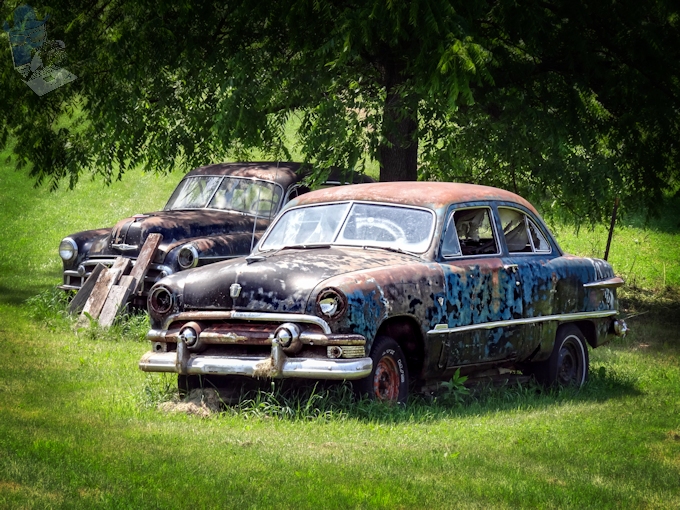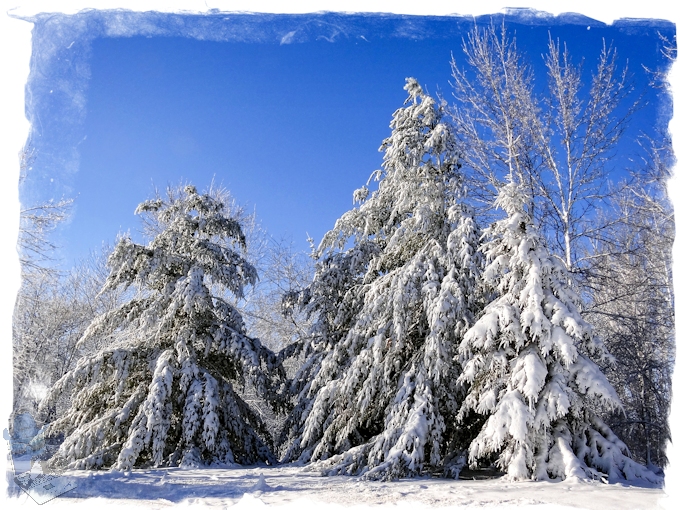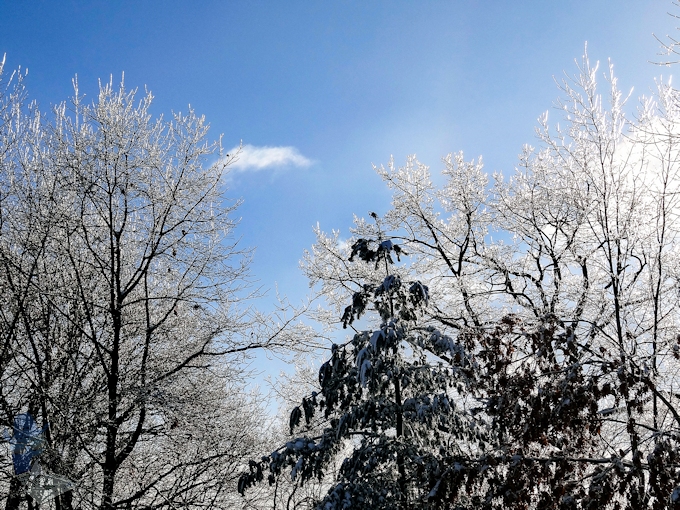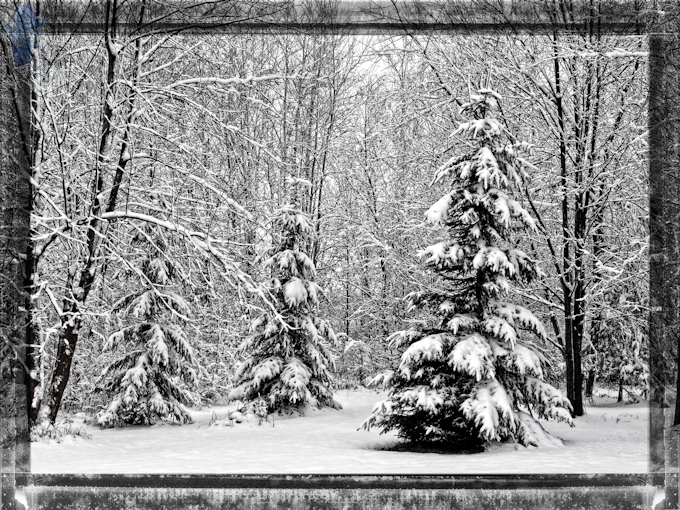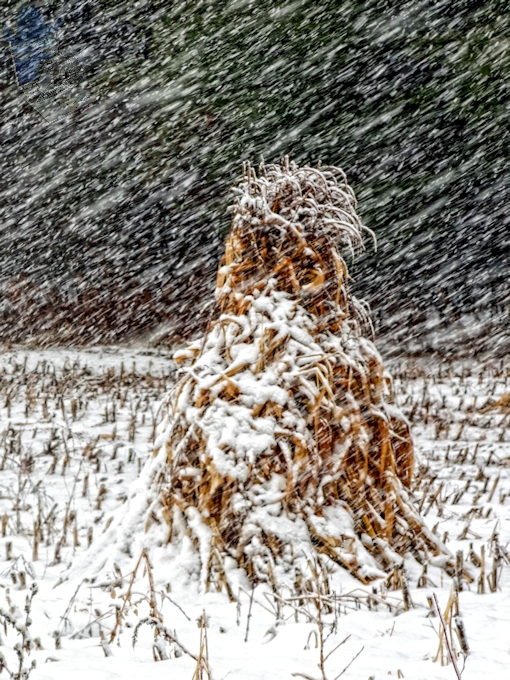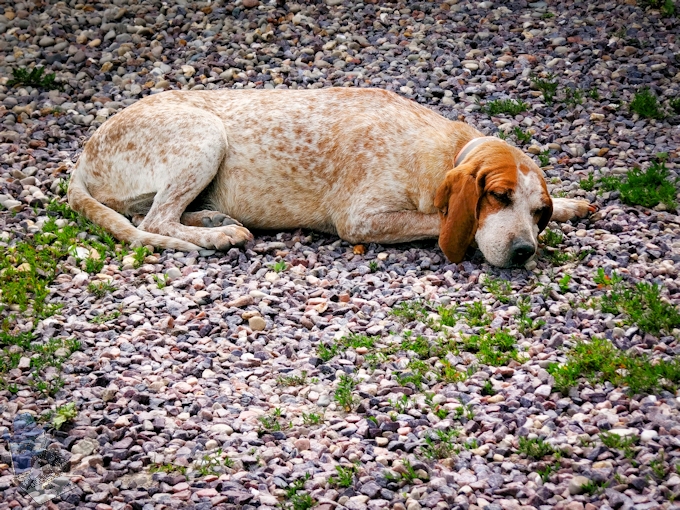Today might be the last Sunday above freezing for a walk in the woods without the ground being covered in snow until springtime, but with deer hunting still going on, it might not be too safe for a walk without wearing orange.
But if you did adventure out in the woods around here, you might spot some bright green leaves looking totally out of place with the rest of the autumn decor. The Hepatica is first wildflower to appear in my woods in the spring, where the blossoms comes up on its own stem and the leaves do not appear until after the flower petals have dropped. And while they are first wildflower in the spring, the Hepatica seems to be the last one giving green color to the forest floor.
Wee Bit of Green
